Indian Air Force (IAF) Chief Marshal AP Singh said on Tuesday said that the world must learn how to terminate conflicts effectively from India’s Operation Sindoor, and not let ego-driven wars dictate military action.
Speaking at the India Defence Conclave organised by BharatShakti, IAF chief said that the problem the world faces right now is the selection and maintenance of aims.
VIDEO | Delhi: "World must learn how to terminate a conflict from Operation Sindoor; wars in other countries lack objective, guided by ego", says IAF chief Amanpreet Singh.#OperationSindoor
— Press Trust of India (@PTI_News) November 4, 2025
(Full video available on PTI Videos - https://t.co/n147TvrpG7) pic.twitter.com/UXnZw3MA8r
“They are forgetting their objectives, where they started, ‘what objectives were there’. Where they have landed up. Now it is more of ego… or whatever you may say it,” he said, referring to the ongoing conflict including the Russia-Ukraine war.
“Now their goal post is shifting. Egos are coming in between. And this is where I think the world has to learn a lesson from India (on) how to start and terminate a conflict at the earliest possible opportunity,” he added.
ACM Singh said that India had achieved its objectives on Day 1 of Operation Sindoor, but Pakistan wanted to do more.
He said whenever the adversary returned and asked for an end to the conflict, India did so, which was the right decision.
Impact Shorts
More Shorts“We don’t know where we would have gone after that,” he said.
Discussing the limits of drone warfare, the IAF chief said that while drones are attracting significant attention, they can only assist and create confusion, not win wars independently.
“It (drones) is a new thing that has come into the market. It is a new thing…playing in our minds. But they can only do up to a certain level. They can’t really win you wars; they can aid, create confusion…a swarm drone system can bring an overload of data, information, and an overload of confusion…that can be created,” he said.
He added, “But if you want to hit a place, decimate a place, deep inside the enemy territory, you need to carry a weapon that delivers the punch. A drone cannot really do (that), as of now.”
The IAF chief emphasised the continuing relevance of manned aircraft in modern warfare.
“At least in the foreseeable future, manned aircraft are not going anywhere. Look around the world. They are going in for 6th-generation aircraft that have manned and unmanned teaming. It is manned, so there is a man in the loop,” he said.
On the question of long-range missiles, the IAF chief stressed flexibility in weapons choice.
“Many places you would want to use a weapon with minimum collateral. Yes, a weapon with a longer range will keep your asset safer as well as the enemy guessing that much more…when it will be released and from where. It is not that you need only long-range weapons. You need a mix of everything, because your different situations require different things. It is not as if one paracetamol will give solutions to all ailments,” said the IAF chief.
He also spoke on India’s path to defence self-sustainability, acknowledging progress while urging greater speed and private sector participation.
“I won’t say we are groping in the dark. We need to pace up a little more; we need to increase speed….policies and regulations are being aligned to give it traction. A lot of emphasis is given to the private sector and smaller players,” he said.
He added, “We cannot say we should totally be aloof and will do everything on our own. We need good partnerships to develop our own technology and catch up where we are lacking. We cannot say we are the best in the world. We have our pluses and minuses. Where we have that, we should go with the right partner and reach where we don’t have to rely on others to fight a normal war.”
With inputs from agencies


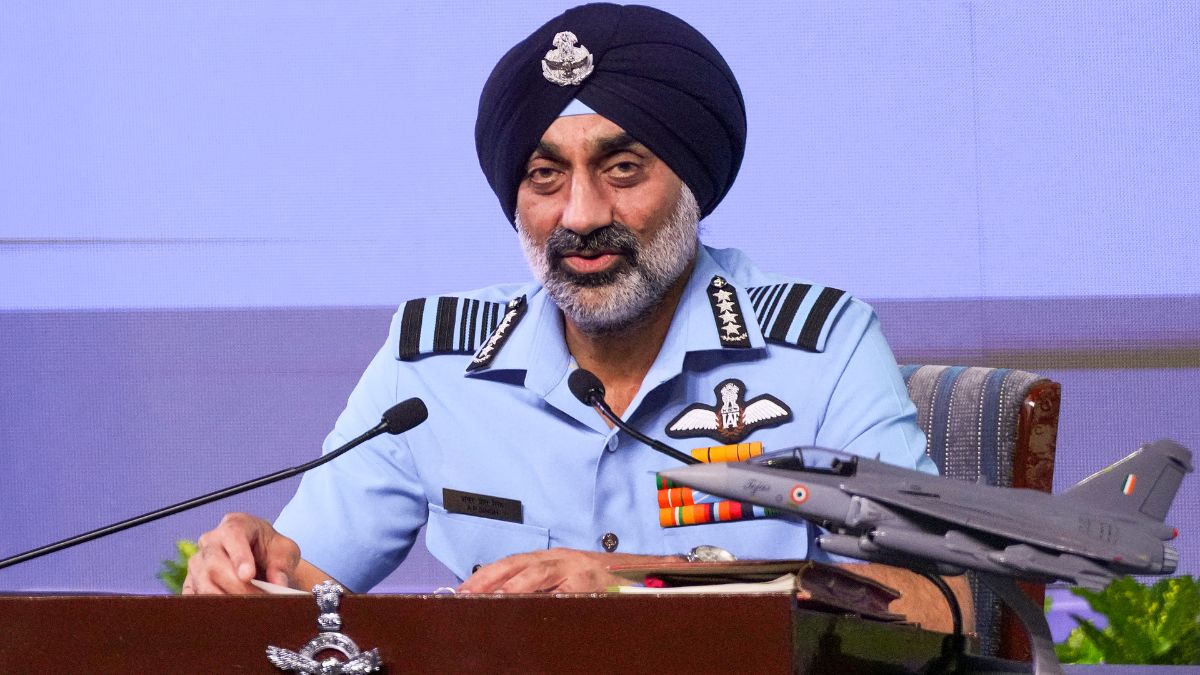)
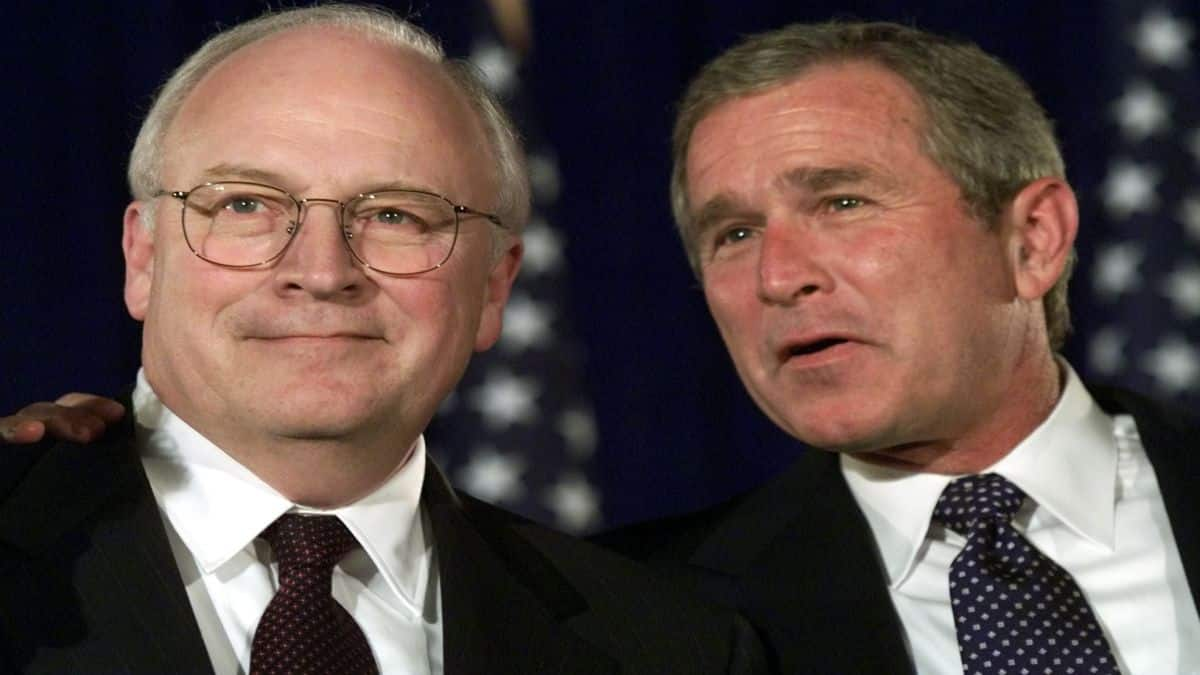
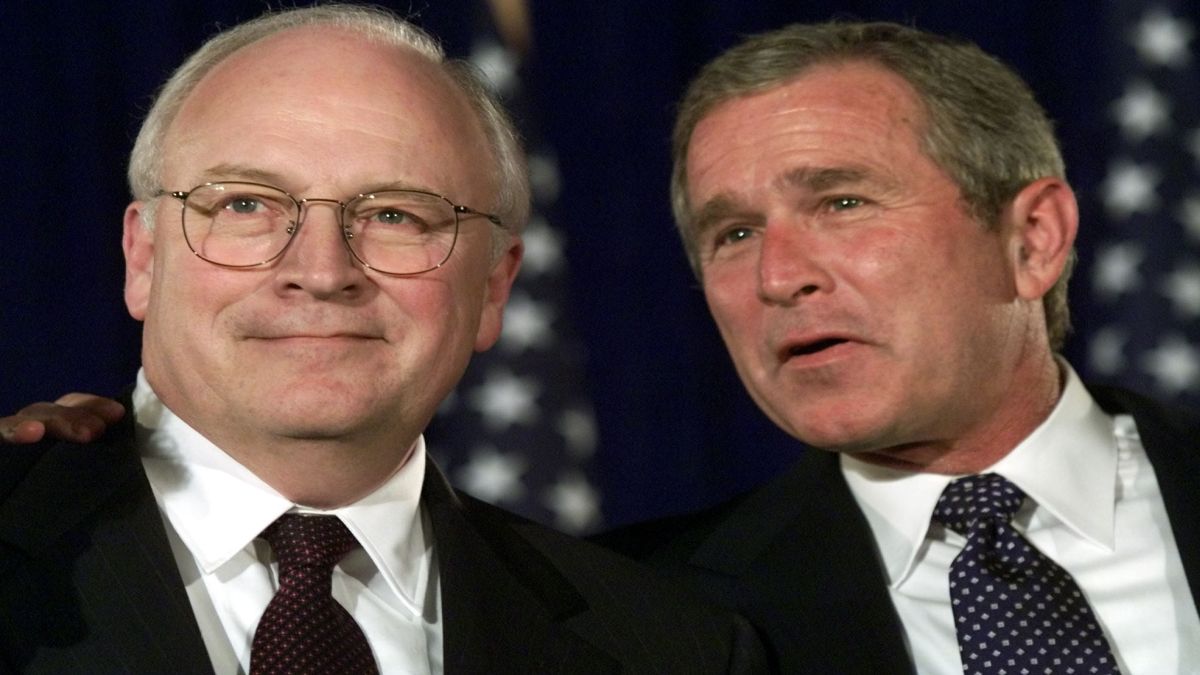)
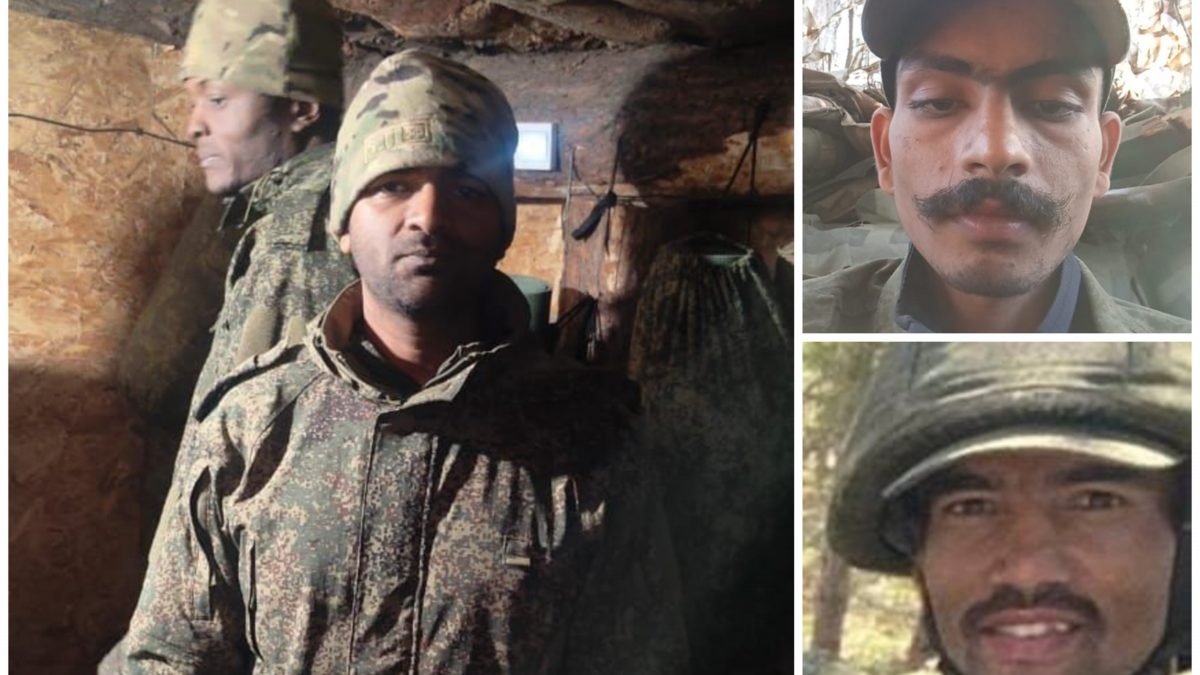)
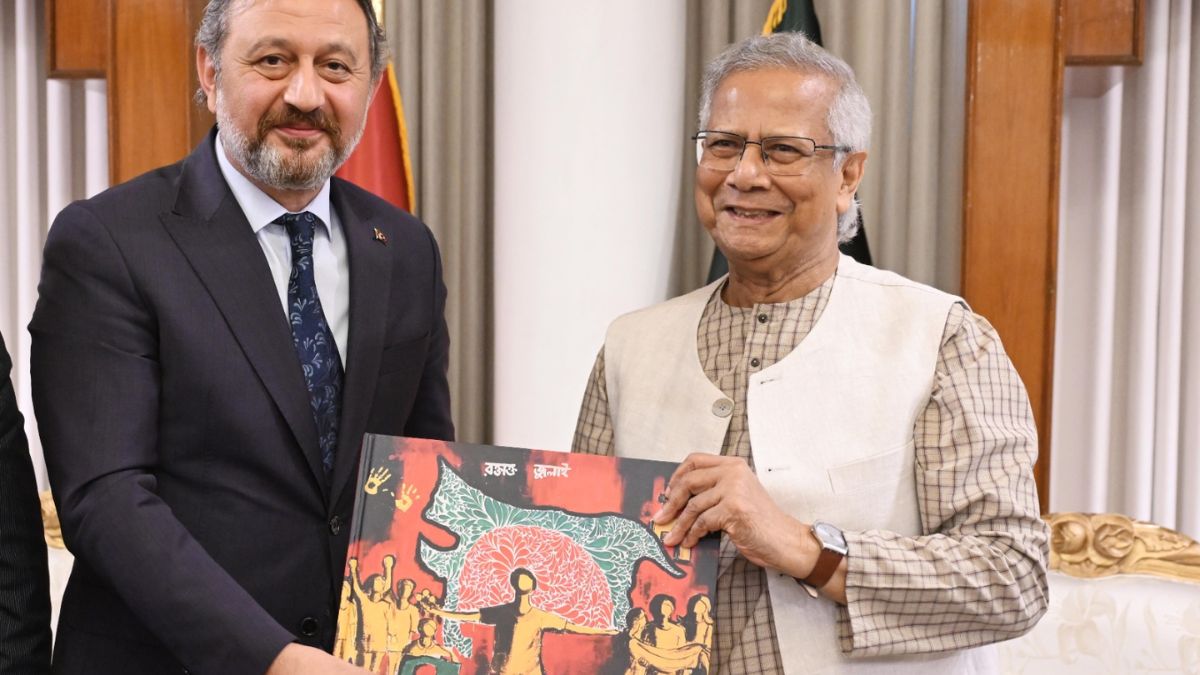)
)
)
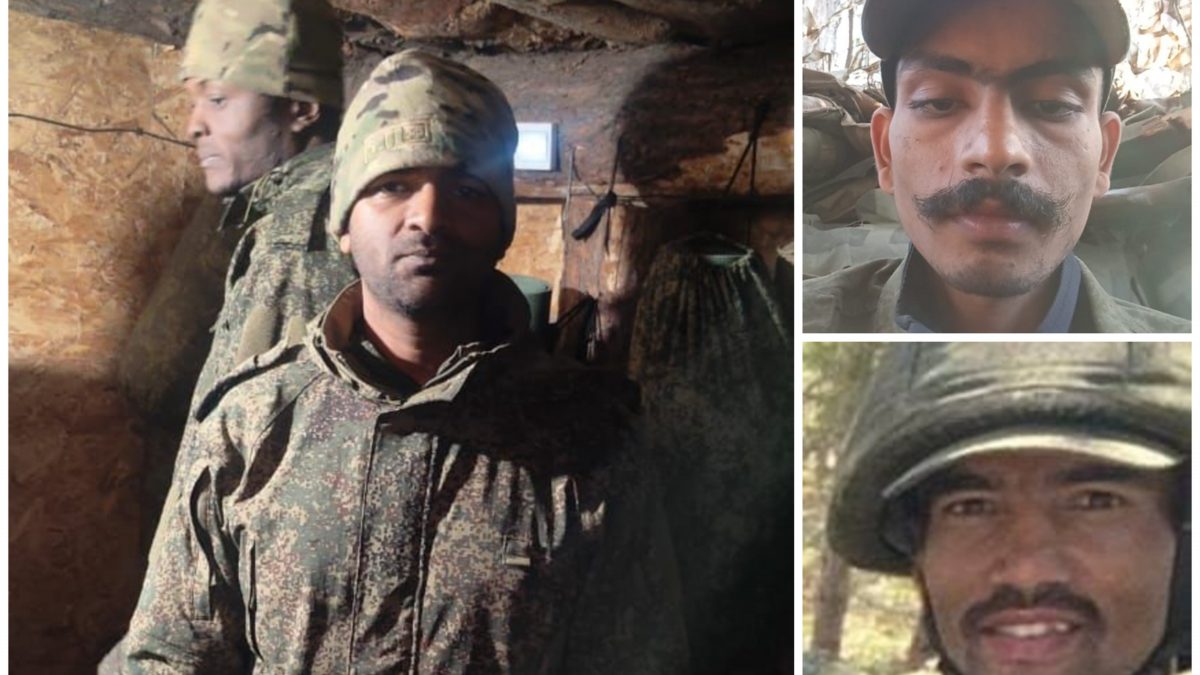)
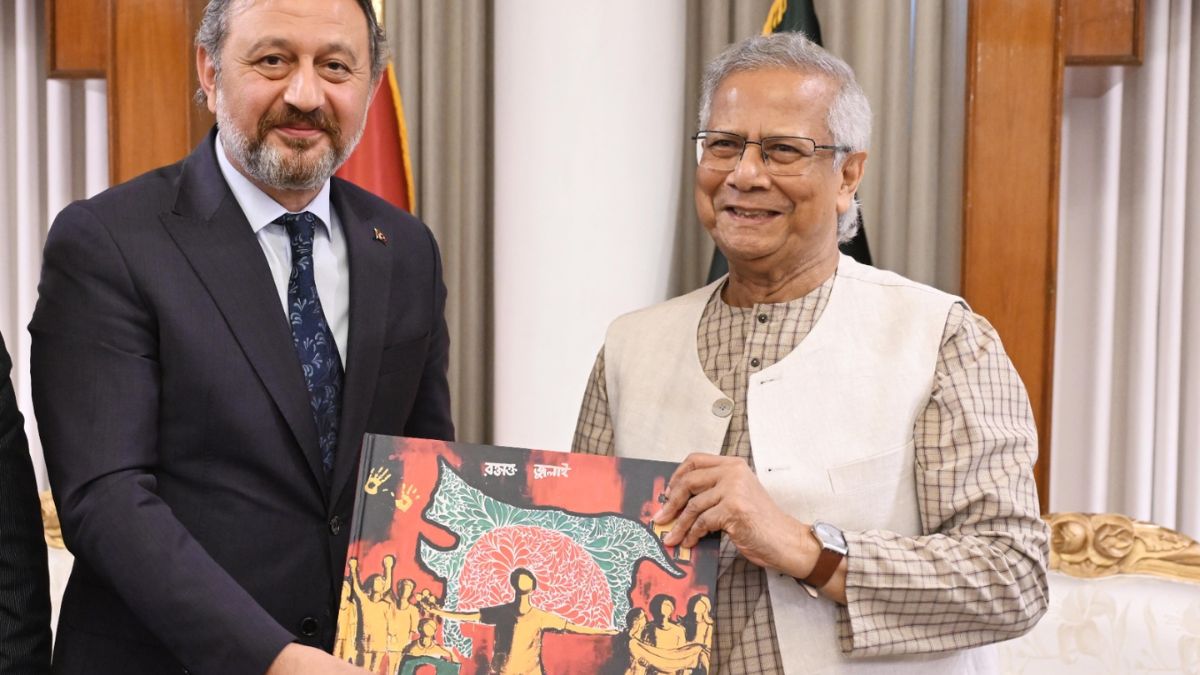)
)



